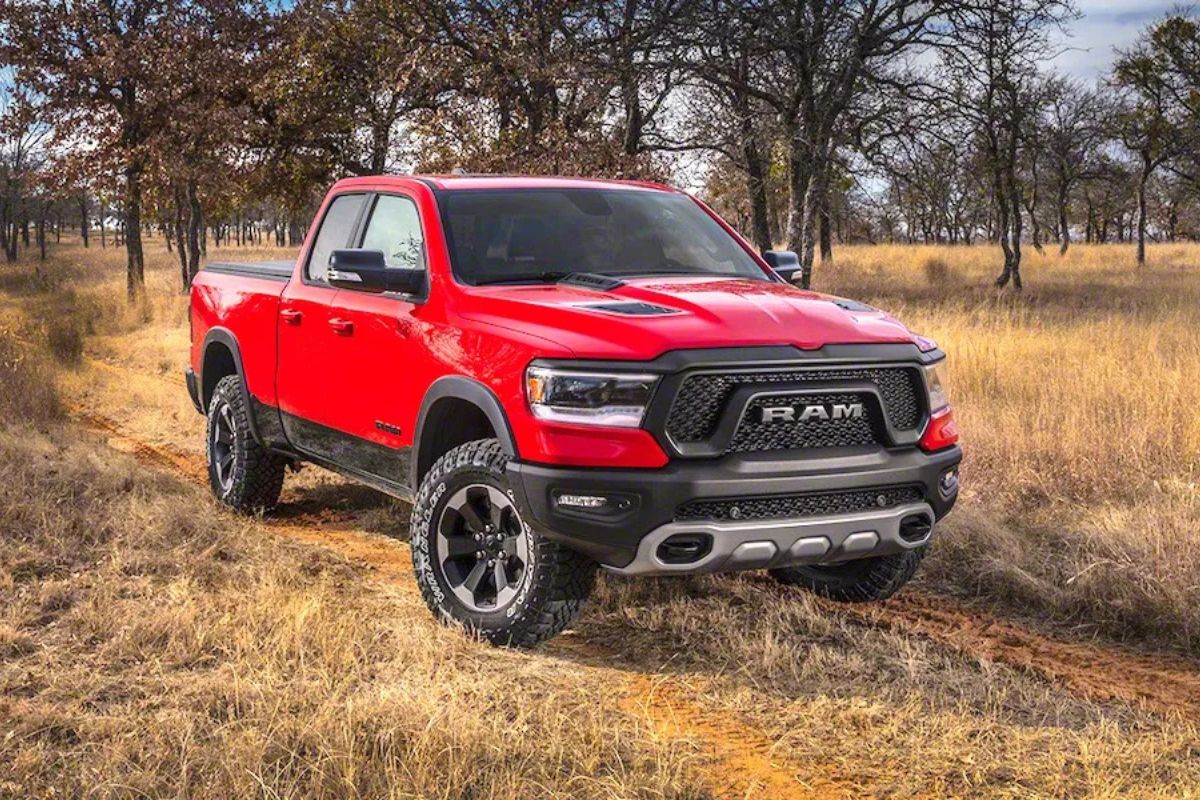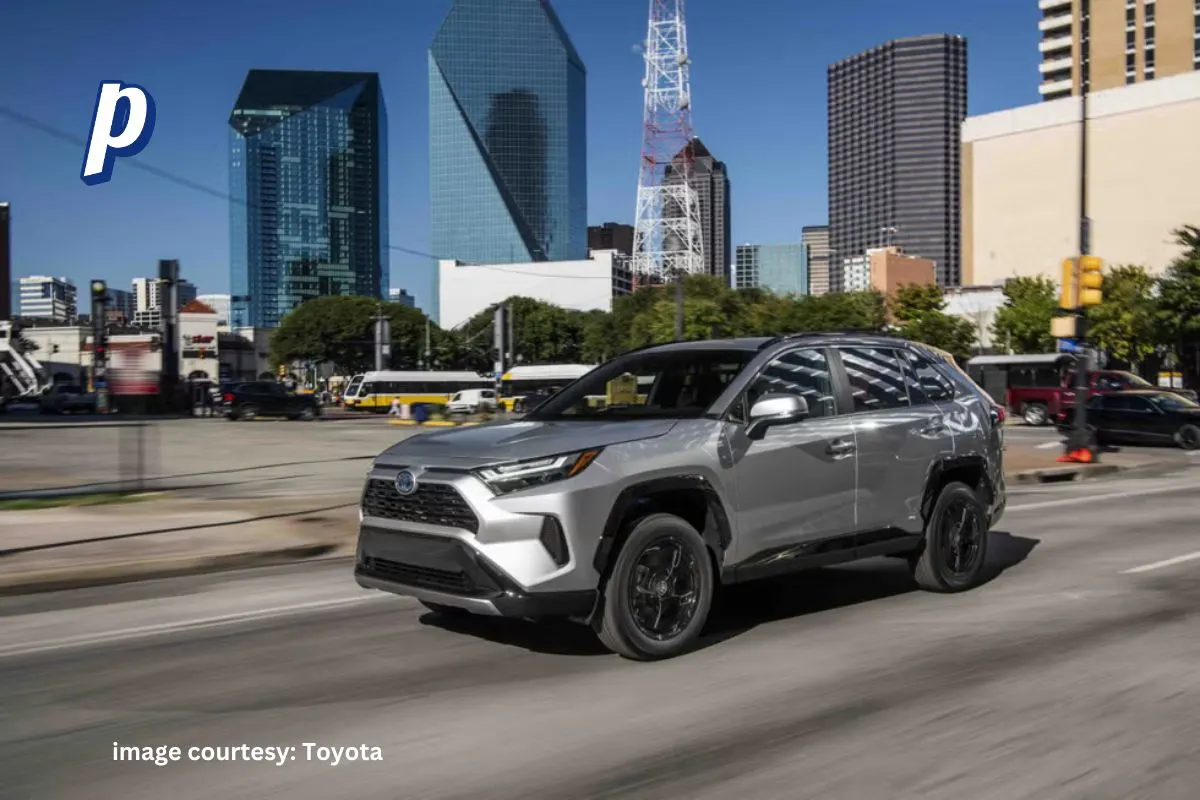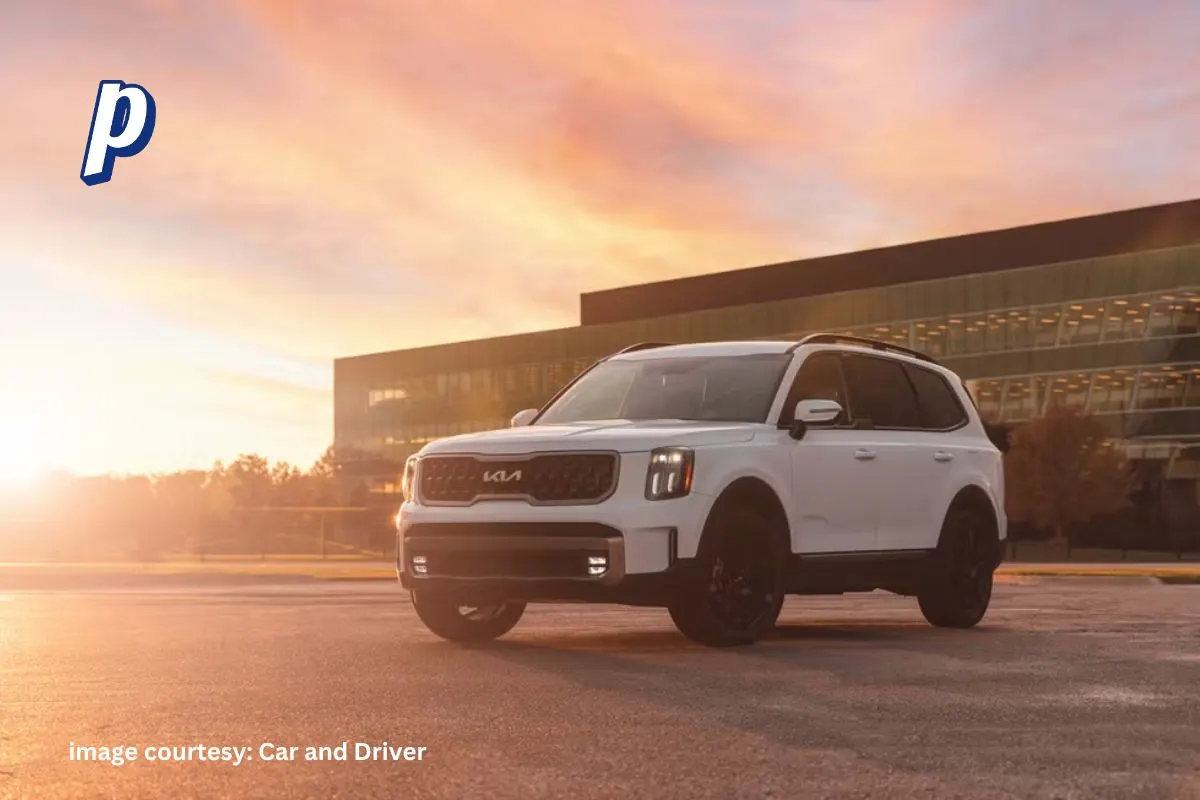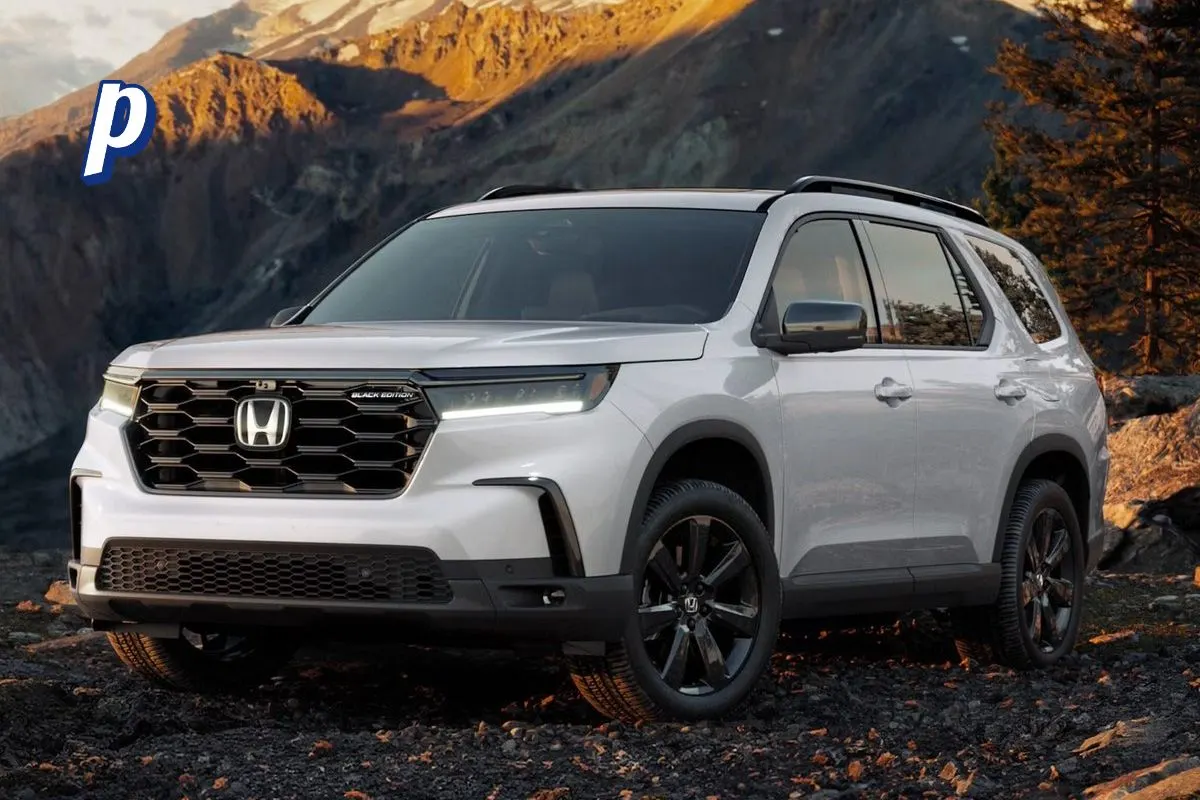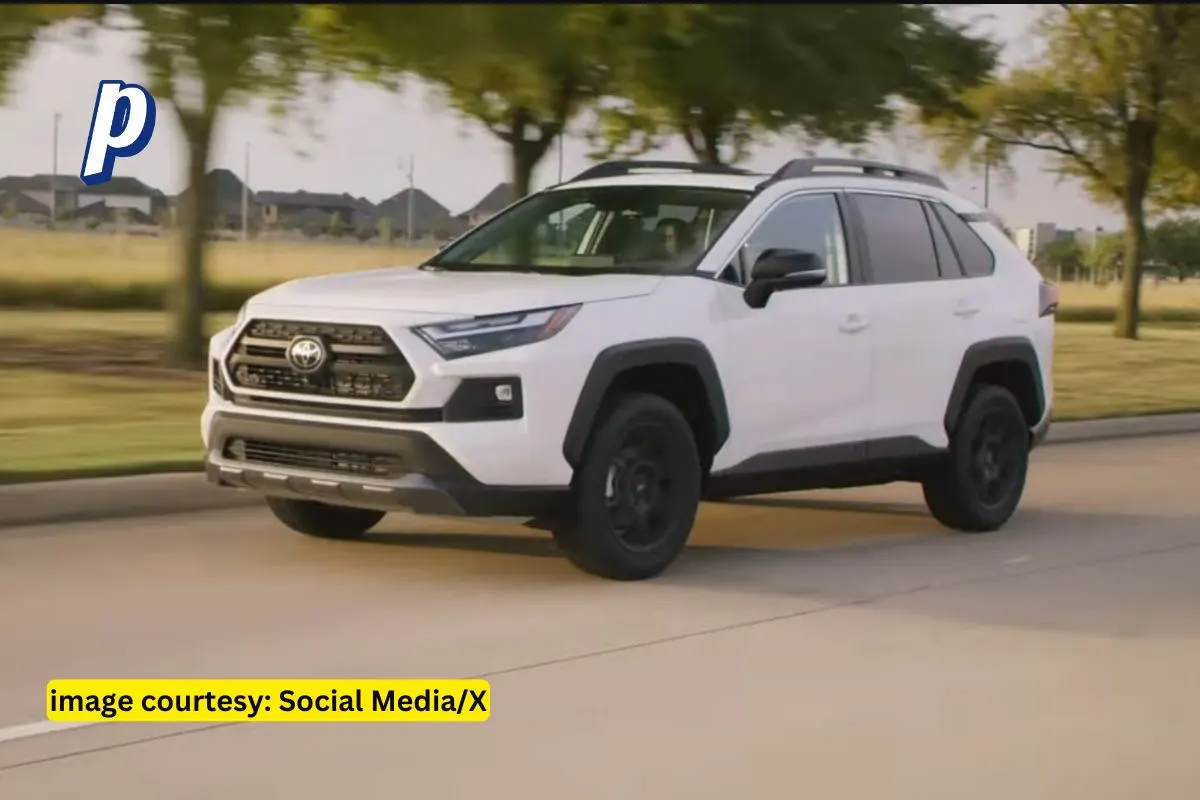Discover common problems faced by Ram 1500 trucks after 250,000 miles. Learn about engine issues, transmission troubles, suspension wear, electrical failures, brake concerns & more!
The Ram 1500 is a popular choice among truck enthusiasts and those needing a reliable vehicle for work and play. Known for its durability and performance, many owners find themselves pushing their trucks beyond the 250,000-mile mark. However, like any vehicle, the Ram 1500 can experience issues as it ages. This article explores the most common problems encountered by Ram 1500 owners after reaching this significant mileage milestone, providing insights into maintenance, potential repairs, and tips for keeping your truck running smoothly.
Officially, Truck Central YouTuber Justin Wheeler has owned his 2019 Ram 1500 for five years. With around 5,000 hours, he was able to cover 250,000 miles over this time.
He stored the truck in the weather after pushing it to its maximum. As he took notes, he utilized and mistreated this vehicle for both business and enjoyment. There are a few small issues with the body and paint. The factory windshield has to be replaced, the paint-match bumper is cracking, and the radiator grille’s black finish is peeling off in big pieces.
Although the back window trim is damaged, there isn’t yet any leakage. Additionally, there is some bubbling on the dashboard covered in leather.Additionally, the tailgate jams all the time.
Engine Problems
One of the most critical components of any vehicle is its engine. As the Ram 1500 ages, several engine-related issues may arise:
- Oil Consumption: Many Ram 1500 models experience excessive oil consumption as they age. This can be due to worn piston rings or valve seals, leading to oil leaks and potential engine damage if not addressed promptly.
- Timing Chain Issues: The timing chain can stretch or wear out over time, causing a rattling noise from the engine. If the timing chain fails, it can lead to severe engine damage.
- Overheating: Older models may face overheating issues due to a failing water pump or a clogged radiator. Regular coolant checks and replacements are essential to prevent overheating.
Transmission Troubles
Transmission problems are another common concern for high-mileage Ram 1500s:
- Slipping Gears: As the transmission ages, it may start slipping between gears or fail to engage properly. This can be caused by low transmission fluid levels or worn clutch plates.
- Fluid Leaks: Transmission fluid leaks are common in older vehicles. Inspecting for leaks regularly and maintaining proper fluid levels can help prolong transmission life.
- Shifting Issues: Drivers may notice rough or delayed shifting as the transmission components wear out. Regular maintenance and timely fluid changes can mitigate these issues.
Suspension Wear
The suspension system of the Ram 1500 is designed to handle heavy loads and rough terrain; however, it may suffer from wear over time:
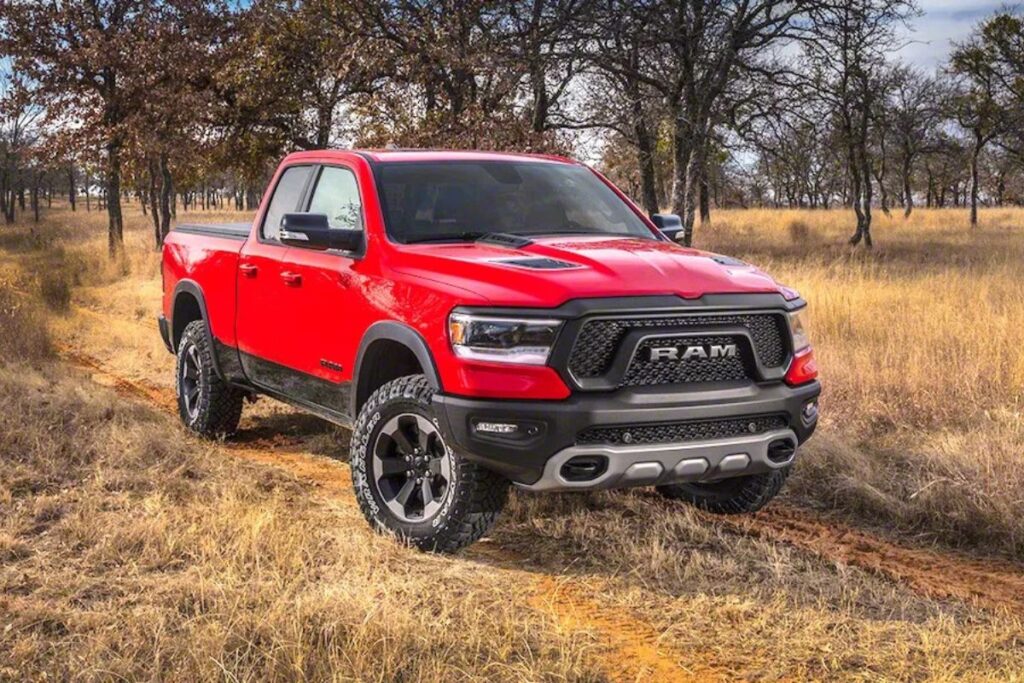
- Worn Shocks and Struts: After extensive use, shocks and struts can wear out, leading to a bumpy ride and decreased handling performance. Replacing these components can significantly improve ride quality.
- Ball Joint Failure: Ball joints connect the steering knuckles to the control arms and can wear out after prolonged use. Symptoms of failing ball joints include uneven tire wear and clunking noises when turning.
- Leaf Spring Issues: The leaf springs in the rear suspension may sag or break under heavy loads, affecting load-carrying capacity and ride height.
read more: Best Used Truck for Reliability? It’s Not the Toyota Tundra
Electrical System Failures
As with many modern vehicles, electrical issues can become more prevalent in older Ram 1500s:
- Battery Drain: High-mileage trucks may experience battery drain due to failing alternators or parasitic draws from electrical components that remain powered when the vehicle is off.
- Faulty Sensors: Various sensors (such as oxygen sensors or mass airflow sensors) may fail over time, leading to poor performance or increased emissions.
- Dashboard Warning Lights: Older models may have dashboard warning lights that activate due to sensor failures or wiring issues. Diagnosing these problems early can prevent more significant issues down the road.
Brake System Concerns
Brake systems are vital for safety, and high-mileage vehicles often show signs of wear:
- Worn Brake Pads and Rotors: Regular inspection of brake pads and rotors is essential as they wear down over time. Replacing them at appropriate intervals helps maintain braking efficiency.
- Brake Fluid Leaks: Leaking brake lines or calipers can lead to a loss of brake fluid pressure, resulting in diminished braking performance. Regularly checking brake fluid levels is crucial for safety.
- ABS Issues: The Anti-lock Braking System (ABS) may malfunction due to sensor failures or wiring problems, potentially compromising braking effectiveness.
Exhaust System Problems
The exhaust system of a Ram 1500 can also face challenges after extensive use:
- Rust and Corrosion: Exhaust components are susceptible to rust due to exposure to moisture and road salt. Inspecting for rusted sections regularly can help prevent exhaust leaks.
- Catalytic Converter Failure: High mileage can lead to catalytic converter failure due to clogging from carbon buildup. Replacing a faulty converter is necessary for maintaining emissions compliance.
Fuel System Issues
Fuel system problems can impact performance significantly:
- Fuel Pump Failure: The fuel pump may fail after prolonged use, leading to starting issues or engine stalling. Symptoms include whining noises from the fuel tank or difficulty starting the engine.
- Clogged Fuel Injectors: Over time, fuel injectors can become clogged with deposits, affecting fuel delivery and engine performance. Regular cleaning or replacement is advisable for optimal function.
Cooling System Failures
Maintaining an efficient cooling system is crucial for preventing overheating:
- Radiator Leaks: As trucks age, radiators may develop leaks due to corrosion or physical damage. Regular inspections are necessary to catch leaks early.
- Thermostat Malfunctions: A malfunctioning thermostat can cause overheating or poor engine performance by not regulating coolant flow correctly.
Body and Interior Wear
While not mechanical issues per se, body and interior deterioration can affect overall satisfaction with your vehicle:
- Rust on Body Panels: Older trucks often develop rust on body panels due to exposure to elements over time. Addressing rust spots early can prevent larger structural issues.
- Interior Wear and Tear: High mileage leads to worn upholstery, fading dashboards, and malfunctioning electronics inside the cabin. Regular cleaning and maintenance help preserve interior quality.
Owning a Ram 1500 that has surpassed 250,000 miles requires vigilance regarding maintenance and repairs. Understanding common problems associated with high mileage allows owners to take proactive measures in addressing these issues before they escalate into costly repairs.
Regular inspections, timely maintenance services, and being attentive to your vehicle’s needs will ensure that your Ram 1500 continues to serve you well into its later years.
